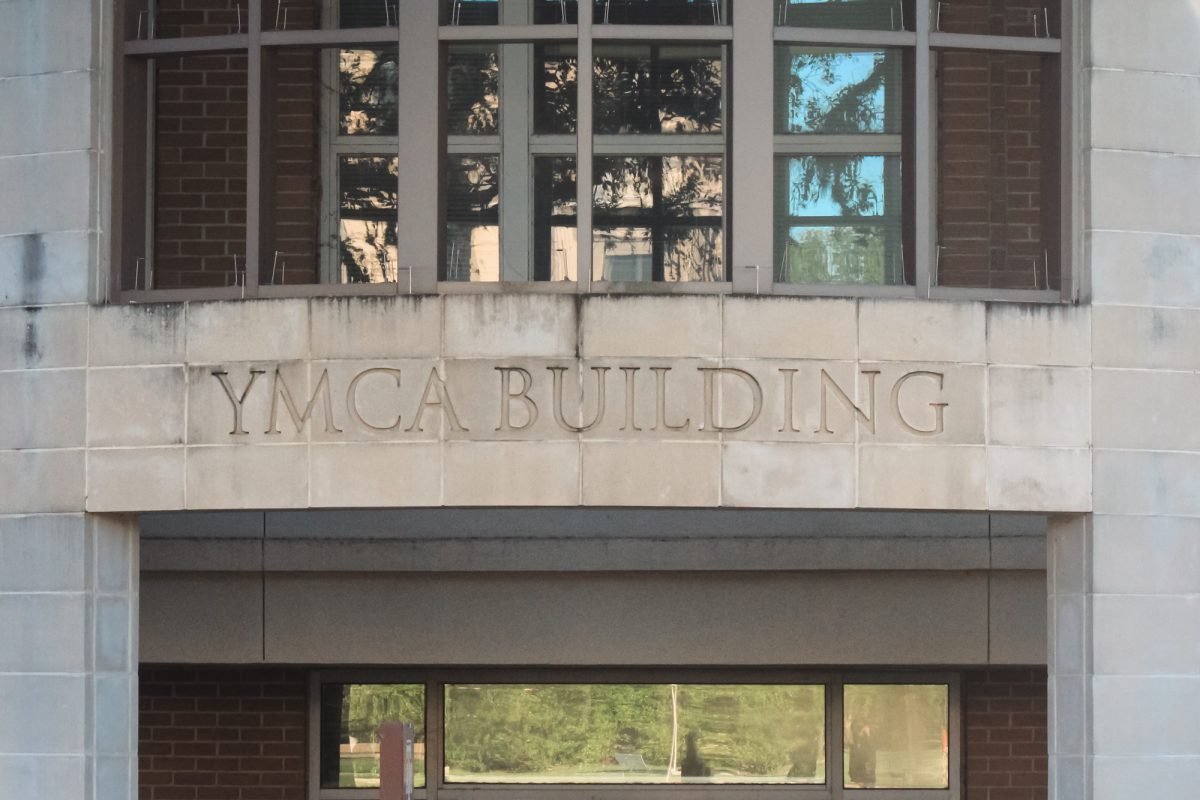“President Harris, is one of the primary roles of the executive [branch] to execute the legislation of the Senate?”
“I would say so, yes,” replied Student Body President Case Harris, answering a question from Off-Campus Senator Ben Crockett during an Oct. 19 Student Senate meeting. Harris attended the meeting to defend his veto of the Fate of the Gates Bill and persuade the senate not to override it — an action that would require a two-thirds majority.
The Fate of the Gates Bill was passed unanimously by the senate on Oct. 5 and was designed to formalize student opposition towards proposed changes to the Northgate District, such as changing the last call to midnight instead of 2 a.m. and removing outdoor speakers. Specifically it directs the executive branch to publicly advocate the student interests outlined in the bill.
Harris said during his speech to the Student Senate, “I disagree with none of the content at all in the Fate of the Gates Bill … I think it’s an incredible bill. I love it.” Given the bill’s broad support, including from himself, Harris rejected it. Why? Surely he must have had a good reason to veto such an “incredible” bill.
According to Harris, it was because of the word “task” written within the bill. “When I hear the word ‘task,’ or when I hear the Student Senate tasking the executive branch or the Student Body President, I believe that sets a dangerous precedent,” Harris said.
One word was all it took for the Student Body President to veto a bill voicing the desires of roughly 70,000 students regarding an issue which will significantly affect local businesses and students alike.
Furthermore, Harris’ reasoning seems to be less of a prudential precaution and more of a fundamental misunderstanding of his role as executive.
According to the Student Government Association’s website, the executive branch is to “implement Student Senate legislation and coordinate the activities of Student Government.” Furthermore, Section III (b) of the Student Government Association code states the duty of the student body president shall include “faithfully executing all statutes enacted by the Student Senate for which the student body president shall be responsible to the Student Senate.”
The role of the student body president is to execute the legislation of the Senate. You could even say the Student Senate “tasks” the executive branch. In no way should this be seen as demeaning. Instead, it is the natural relationship between the two.
To drive this point home, Speaker of the Senate Tyler Smith made the unprecedented move of going to the floor and urging his fellow senators to overturn the veto. According to Smith, the word “task” can be found as far back as the 66th legislative session.
More recently, the Fish Camp Autonomy Bill, signed in the last legislative session, explicitly “tasked” former Student Body President Natalie Parks and the executive branch with collecting documents concerning Fish Camp’s transition from a student organization to a university program. If the word is as dangerous as Harris claims, shouldn’t we have noticed it by now?
Lastly, there is the problem Legislative Relations Chair Pat Englehart brought up: the student body president didn’t voice any of his concerns until the bill was passed and on his desk. According to Englehart, there was no representative from the executive branch during the committee meetings for the bill, and “if these concerns were so pressing, then those concerns should have been made known then.”
After Harris’ speech and a period of debate, the Student Senate overturned the veto 42-6, with the only consequence being the delay of the student body’s voice. If there is truly a dangerous precedent to be had, then it’s the student body president frivolously vetoing a bill unanimously approved by the senate.
The Fate of the Gates Bill is a good piece of legislation and doesn’t deserve this amount of unproductive drama. Students rely on their elected representatives to be quick and responsive to their desires, not to mull over whether a mundane word such as “task” can be used in legislation. Petty politics belongs in Washington, D.C., not our Student Government.
Harris’ relationship with the legislative branch is clearly far from perfect. If Harris truly believes the executive branch has a duty to implement the Senate’s legislation, as he told Crockett, then he needs to prove it with more than just words. A veto without any substance isn’t going to cut it.
Ryan Lindner is a political science sophomore and opinion writer for The Battalion.
Opinion: A veto without substance
October 28, 2022
Photo by Photo by Cameron Johnson
Student Body President Case Harris during the Class of 2023 Legacy Night in front of the Jack K. Williams Administration Building on March 31, 2022.
0
Donate to The Battalion
$2790
$5000
Contributed
Our Goal
Your donation will support the student journalists of Texas A&M University - College Station. Your contribution will allow us to purchase equipment and cover our annual website hosting costs, in addition to paying freelance staffers for their work, travel costs for coverage and more!
More to Discover
















